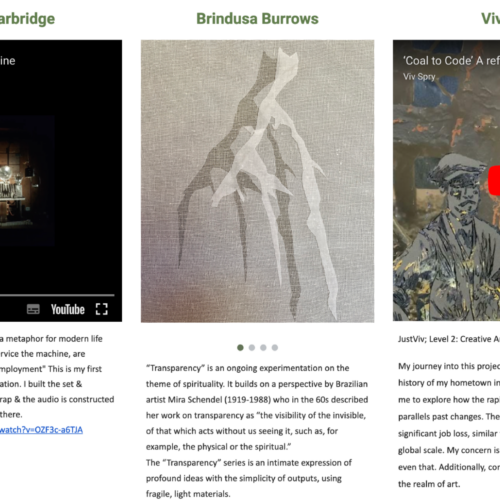
Letting a book settle
It’s only since I’ve been regularly reviewing books every month for a magazine that I’ve started to think about how I read, as well as how I write. I’m meant to be looking at work I’ve enjoyed that’s been published fairly recently, for people who read a lifestyle magazine. This has meant buying a lot of books for my Kindle, frequently by authors who are new to me, and it’s pot luck as to whether I’ll end up reviewing them or not. I find that many of them start off well, and then tail off, which is always disappointing. What has surprised me are the ones which I remember – the ones that have had time to “settle”. This has much in common with writing; leaving something for a while and writing something else means that you come back to it with fresh eyes, and are far more likely to edit in a constructive way. However, I’ve discovered that the books I read are doing the same thing. There are ones I feel I ought to remember – the author has a good reputation, or I’ve heard a review on the radio or read one in a newspaper. So many of them leave less of an impression than a fly’s footprint. So as I’m sitting here I’ll try and recall a couple that resonated, those that caused me to have an emotional response, perhaps, because a physical reaction to something occurs in a different part of the brain to a cerebral reaction, and leaves a footprint all its own.
Elephant Moon, by John Sweeney, was an unexpected winner. Sweeney is best known for being the journalist who completely lost it when making a programme about Scientology, and the clip on YouTube has been viewed over a million times. The book is set in Burma during the Second World War and describes the journey of a young English teacher and a group of Anglo-Burmese children who set out for India in a rickety bus, after the fall of Singapore. This one really connects on an emotional level.
Cold Blood by Richard Kerridge. This book was serialised on Radio 4, but I read it in hardback. It’s a most unusual combination of acutely observed natural history, focusing on British reptiles and amphibians, and autobiography. Woven in throughout are retrospective thoughts about wildlife, and the frequently difficult relationship the author had with his father. The quality of the writing is superb, and its originality surprises. This is one for those who are doing Writing 2: Life Writing.
This brings me back to letting books of my own settle. I have frequently had a long gap and many re-writes before something has been published. The book that underwent the greatest number of incarnations was Fury, which was eventually published by Barrington Stoke. It started life as an adult novel of about 75,000 words, although the main protagonist was a teenager. The Furies of Ancient Greece find their way into our world through a crack in a Grecian urn, and all hell breaks loose for the teenage girl who broke the vase and let them through. Several rejections later I realised that perhaps I was aiming it at the wrong market, and I changed the viewpoint and cut it to 40,000 for a young adult readership. Still no joy. Shortly after this I acquired an agent, wrote The Divide, and forgot all about the book. When the suggestion that I wrote something for reluctant readers came up I suddenly thought that perhaps I could cut this further, so down it went to 11,000 words and bingo – success. But I don’t think I could have made those cuts if the book hadn’t had time to “settle”. It’s not easy to allocate sufficient time for this to happen when you’re doing a course, but perhaps you’ve got something sitting in a drawer which could reinvent itself now that you have sufficient distance to see it objectively?






Important advice which would apply just as much to short stories, individual poems or sequences.
I totally agree about how some books start well and then falter. This can happen to the most accomplished of writers. I recently read Operation Bunny by Sally Gardner (winner of the Carnegie Medal and Costa Children’s Book Award). This book had a fabulous first few pages which promised so much, but sadly the rest of the book delivered so little. It does make me think about how the early part of a story makes promises to the reader and those promises need to be kept.